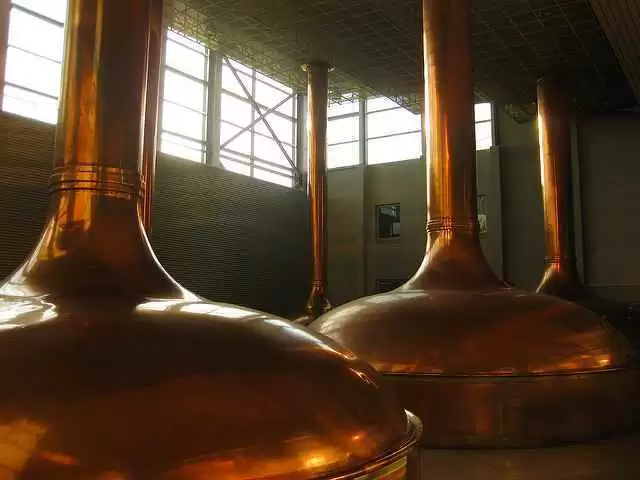
Celiac.com 04/15/2017 - Raw materials used by breweries include barley. A characteristic feature of this grain is the presence of gluten proteins which also includes hordein. This group of proteins are the trigger of celiac disease symptoms [Darewicz, Dziuba, Jaszczak: "Celiakia – aspekty molekularne, technologiczne, dietetyczne." PrzemysÅ‚ Spożywczy, styczeÅ„, 2011] . This issue raises the need to seek new methods of brewing that allow for the elimination of gluten proteins from the beer [swora E., Stankowiak-Kulpa H., Mazur M. 2009. Dieta bezglutenowa w chorobie trzewnej. Nowiny Lekarskie 78, 5-6, 324-329]. The biggest problem for coeliac patients is to identify permitted foods. Food manufacturers know about the above problem and are offering new products for people with celiac disease. [CichaÅ„ska B.A., 2009. Problemy z rozróżnianiem żywnoÅ›ci bezglutenowej. Pediatria WspóÅ‚czesna. Gastroenterologia, Hepatologia i Å»ywienie Dziecka 2009, 11, 3, 117-122.] The market offers access to a gluten-free beer. Beer of this type can be prepared in one of two ways, either by using materials that do not contain gluten or by removing gluten during the production of beer. Such products are, however, expensive. Traditional market beers are not tested for gluten content, which may differ from one brand to the next.
Barley, hops, yeast and water are the basic raw materials for conventional beer production. Gluten in beer is only in the barley or wheat, from which malt is produced. During malting, barley is subjected to the processes of soaking, germination and drying. At that time, amylolytic and proteolytic enzyme activity increases and grain composition is undergoing changes. Knowledge about the migration through various stages of beer production and the final level of these proteins or their "toxic" fractions is crucial to ensuring customers about the safety of the beverage they will consume. Therefore, it is important to conduct research to better understand the role and the amount of unwanted hordein and/or wheat prolamin in the production of beer. Malt has become a subject of research because of its harmful potential for patients with celiac disease.
Celiac.com Sponsor (A12):
In a study conducted by Czech scientists different species of barley, malt and beer were analyzed. Beers analyzed for gluten content were characterized by very different gluten contents. The level of gluten in raw cereals ranges from 18-68 g/kg. After comparing the different types of beers, in terms of the gluten concentration, the results were as follows:
non-alcoholic beer
Raw seed contained 50.4 ± 1.8 g per kg of gluten and comparing to it malt 68 ± 4 g per kg of gluten. Higher levels of gluten in malt have been confirmed in studies on other types of barley and other crops derived from a corresponding malt from which they were produced under similar conditions.
Malt barley grains are subjected to extraction during mashing. Gluten content was examined during the entire production process. The amount of protein decreases during the production process due to precipitation of proteins in the fermentation mash, at the adsorption stage, and during beer stabilization. Researchers say that the gluten content in beer is about three times lower than in the raw barley grain. The gluten content changes at each stage of the beer production as is shown below:
malt> sweet wort> wort after chop adding > beer> stabilized beer.
Most of the proteins in the sharps (milled barley) are extracted which is a remnant of the filtration process in the mash tun (the vessel where the wort is boiled). Only a small part of the gluten goes to sweet wort – 1.75%. A slight decrease was recorded after the boiling process with the addition of hops -1.7%. During the fermentation process the pH decreases, this causes the precipitation of the polypeptides and their adsorption on the surface of yeast cells. Only 0.21% of the initial gluten content remains in the beer. After the filtration process beer is subjected to colloidal stabilization with PVPP - polyvinylpolypyrrolidone and silico gel (kiesegel) and then they are removed. This process results in lowering gluten content to less than 0.11% of the initial gluten content of barley [immunochemical determination of gluten in Malts and Beers, Food Additives and Contaminants; TFAC-2005-365.R1, 29-Mar-2006; Dostálek, Pavel; Institute of Chemical Technology, Prague, Department of Fermentation and Bioengineering Chemistry].
The researchers used three methods to test the gluten content of beer. Their results differ from each other. Results show that to accurately estimate the amount of proteins and peptides dangerous to people with celiac disease, we must first develop a good methodology for the analysis. This will give the exact content of these harmful substances and provide real security to customers. If we use the method demonstrating the largest gluten protein content, only 30% of the samples were safe for patients. According to the authors there is no safe beer brewed from barley or wheat if we accept that the maximum tolerable daily intake of gluten is 10 mg. The law of the European Commission says that gluten-free food must contain less than 20 mg. per kg. Proteins present in the beers are removed during production through product stability and are hydrolysed by proteolytic enzymes present in the various stages of production. Partially hydrolyzed prolamines contained in beer are still "toxic peptides"- short protein fragments containing from a few to several amino acid residues. These fragments, rich in proline, trigger a series of reactions from the immune system, leading to celiac disease [Commission Regulation (European Communities) No 41/2009 of 20 January 2009, the Official Journal of the European Union, 21.1.2009, L 16 / 3].
The most obvious method for the production of gluten-free beer is to use only gluten-free raw materials. In the production of such a beer a lot of attention must be paid to remove unwanted components from the beer. Technologists involved in the production of beer specialize in the removal of proteins from beer and controlling their levels, as they can reduce colloidal stability of the beer flavor. Removing or reducing the amount of these proteins may be a way to achieve our goal.
Confounding factors in the production of gluten-free beer can be:
- Selection of barley varieties with a low content of protein and the corresponding enzymatic apparatus;
- Mashing process modified by deeper proteolysis, similar methods are used in the manufacture of gluten-free bread searching for enzymes capable of degrading specific proteins and peptides;
- Methods of striving for maximum distribution and precipitation of proteins with the use of adsorbents;
- The use of proteolytic enzymes in the production and stabilization of fermentation, such as amyloglucosidase is used to improve fermentation or β-glucanase to reduce viscosity. The enzyme used in the end may be proline endopeptidase;
- Implementation of the adsorbent during the stabilization phase of beer to remove residual proteins and peptides.
Conventional materials can be used, if the genetically modified seeds will be devoid of genes responsible for the production of gliadin. However, such seeds are not yet available and the use of transgenic food additives is prohibited in many countries.
Modification of the enzymes to reduce the gluten content can be achieved in two ways. Genetically modified yeast capable of expressing specific enzymes capable of degrading the protein can be used, or adding the enzyme - transglutaminase - directly during the production can also be done. These methods each have their own advantages, because with the right methodology a beer can be produced without loss of its natural taste.
Another method of manufacture of gluten-free beer is the use of cereals rich in carbohydrates that do not contain gluten. These include amaranth, buckwheat, quinoa, sorghum, millet, corn, and rice.
We can also add raw materials, the lack of native amylolytic enzymes must be compensated by the addition of external enzymes. However, this is a factor which increases costs. Colorants and flavorings also have to be added [Celiac Disease, Beer and Brewing, Michael J. Lewis, Emeritus Professor of Brewing Science Department of Food Science and Technology, University of California Davis].
Gluten-free raw materials
Cereals that are not taxonomically close to wheat, barley and rye are safe for people with celiac disease. Potential sources of gluten-free beer include: sorghum, corn, brown rice, millet, teff, buckwheat, and amaranth. At present, one of the best gluten-free beer production methods is to use gluten-free raw materials and avoid any cross-contamination. Gluten-free beer production technology is not a new technology. Some African tribes have produced beer based on sorghum and corn for 20 years. It turns out that buckwheat has a large potential for the production of gluten-free beer. Even unhulled seeds can be used. Husks can be used as the filtering material in the filter vat. The resulting malt is characterized by a taste reminiscent of toffee with a slightly nutty flavor.
One of the major problems with buckwheat beer production is very low enzyme activity. It is several times lower than in barley enzymes. In addition, the high content of polysaccharides increases the viscosity of the solution. However, through rheological tests scientists have developed optimal methods in pilot studies and demonstrated that it is possible to produce a gluten-free beer with buckwheat. [brewing New technologies, CW Bamforth Published by Woodhead Publishing Limited, Abington Hall, Abington, Cambridge CB1 6AH, England, First published 2006, Woodhead Publishing Limited and CRC Press LLC ß 2006, Woodhead Publishing Limited].
As the diagnostic methods for identifying celiac disease improve every year and more and more people are diagnosed with coeliac disease, the demand for this kind of drink will continue to grow. In addition, new types of beer can attract people who are interested in trying new tastes and making alternative choices.



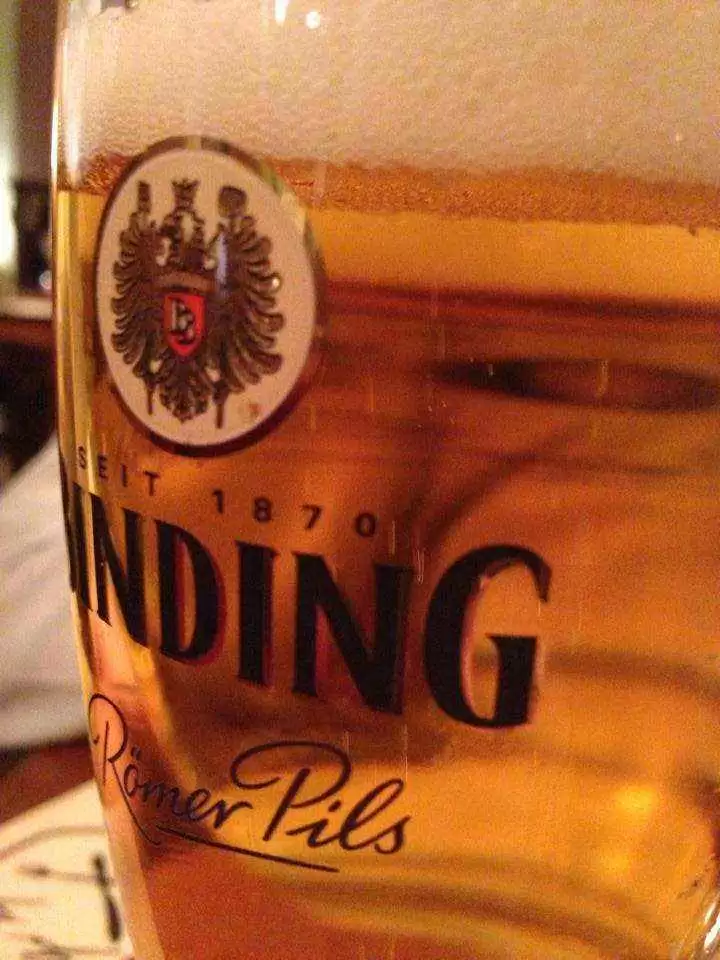
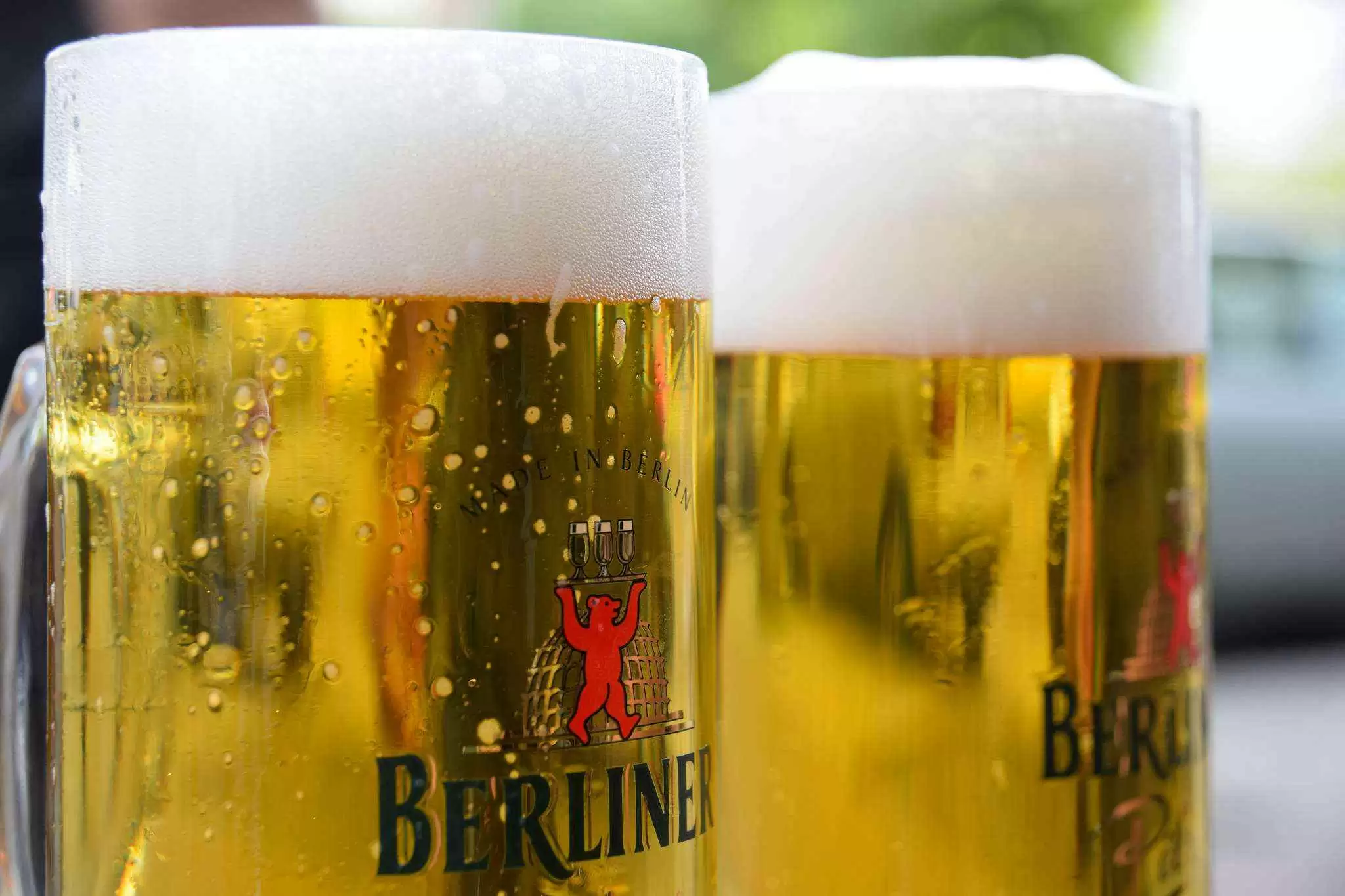
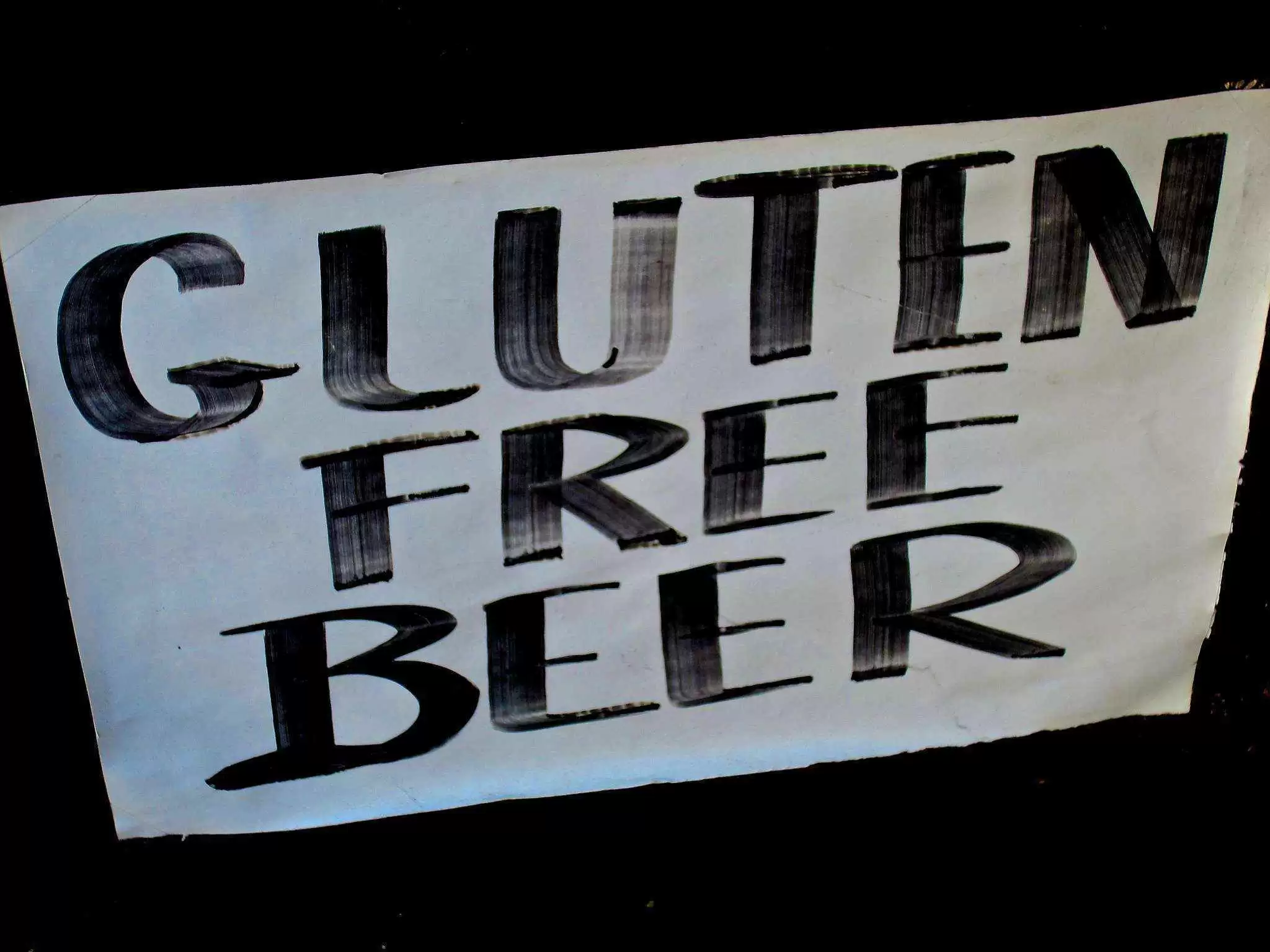

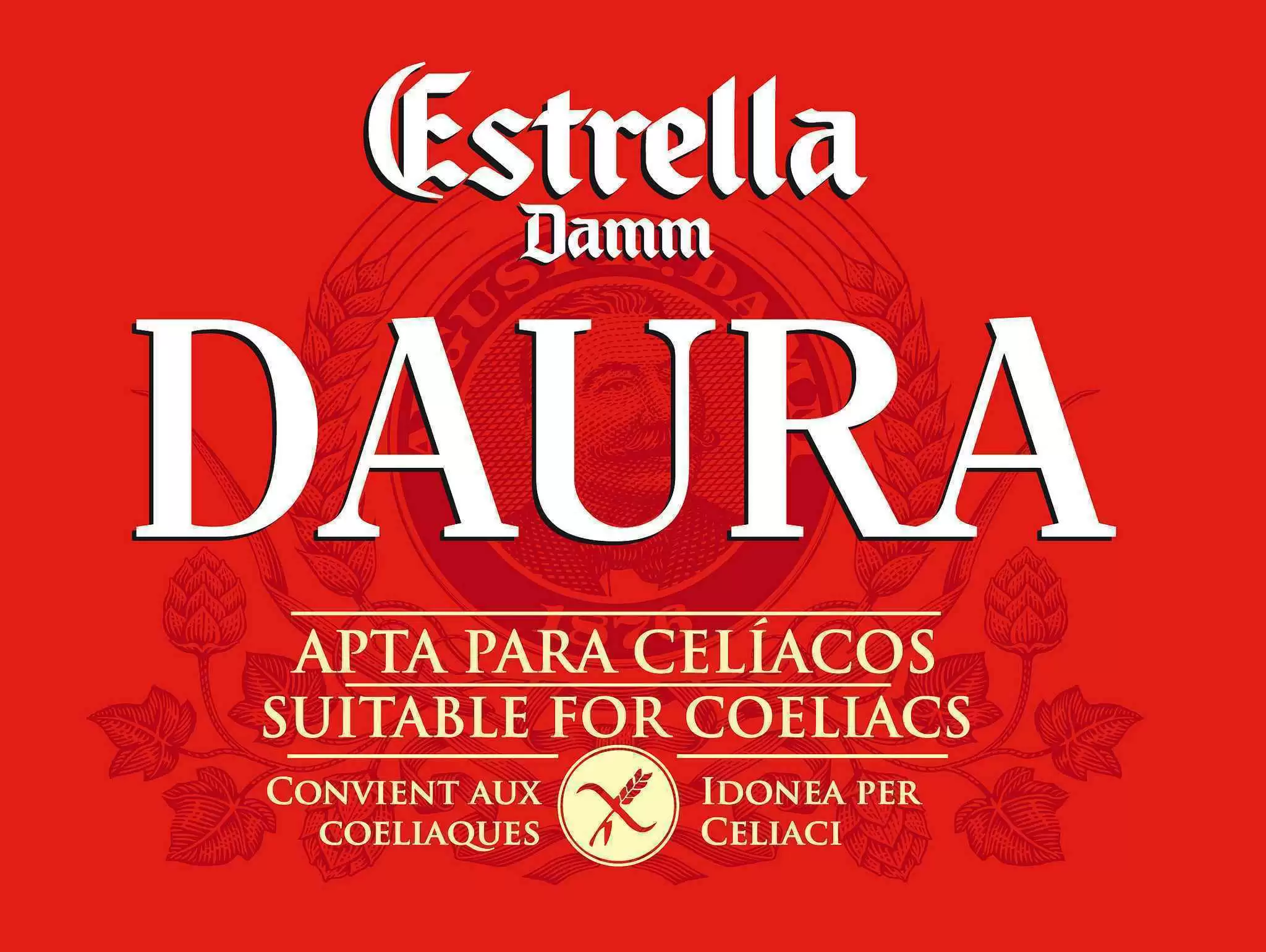


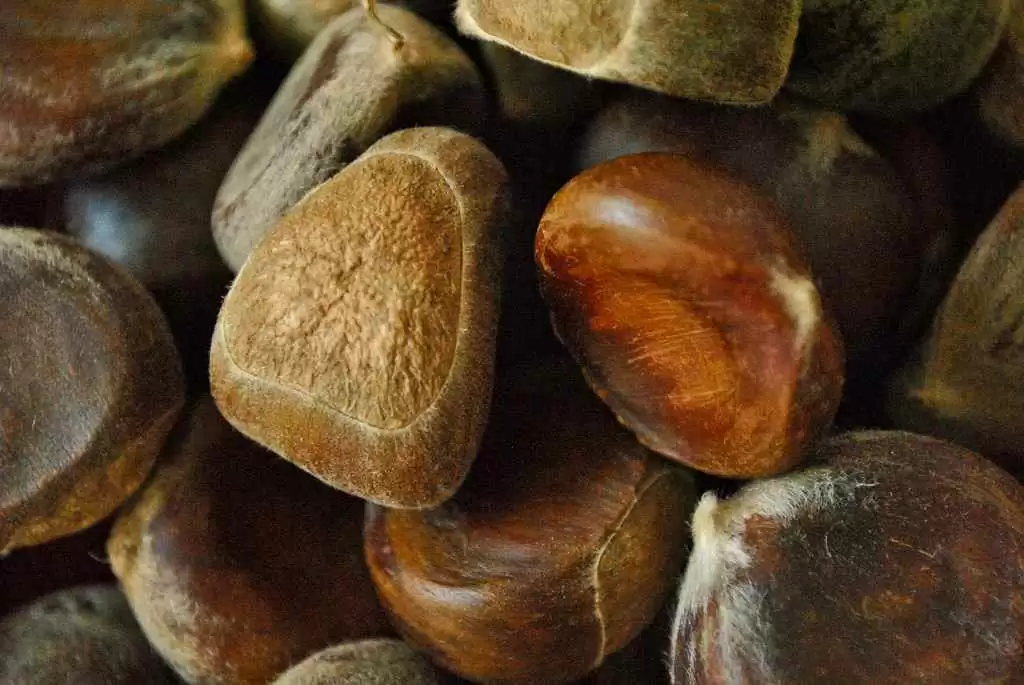

Recommended Comments
There are no comments to display.
Create an account or sign in to comment
You need to be a member in order to leave a comment
Create an account
Sign up for a new account in our community. It's easy!
Register a new accountSign in
Already have an account? Sign in here.
Sign In Now